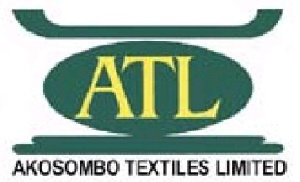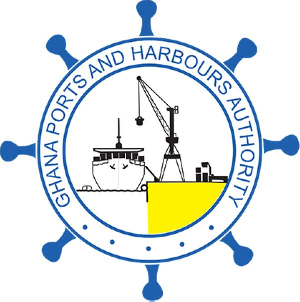Mr Justice Asiedu Boateng, Finance and Administration Manager of Akosombo Textiles Limited, has called on the government to institute some control measures at the country’s entry points to check the smuggling of textiles.
He said most of the foreign textiles on the market were smuggled into the country without payment of any tax which made their prices cheaper than the locally-manufactured ones.
“We are not calling for the banning of importation of foreign textiles but that the smugglers have a responsibility to stop their criminal act and pay the right taxes and duty to make the playing field level to engender competition.”
Mr Boateng made the call when the Parliamentary Select-Committee on Trade and Industry and Tourism paid a working visit to the company in Akosombo in the Asuogyaman District of the Eastern Region to acquaint themselves with the company’s operations.
Mr Boateng said the influx of counterfeit textiles and the incessant smuggling of pirated textile products into the country had taken over the Ghanaian market, which has affected production of the textile industry.
He said importers of the pirated textiles did not only evade taxes on imported textile prints but do not provide adequate labelling information on country of origin.
“Apart from Akosombo Textile Limited, other textile companies such as Ghana Textile Print and Printex have all shut down their spinning and weaving departments due to cheap imports from China, urging government to help address the situation.”
He said due to the challenges, the companies have all resorted to the importation of gray baft and semi-finished cloth for printing in the country.
Mr Boateng said based on the price and texture of the print, buyers could distinguish between the substandard and the genuine textiles since the former is cheaper and usually hard, while the latter is soft and a little costly.
He said the wide disparity in the product pricing was due to low energy cost and interest rates as against high cost of raw materials and high interest rates in the country.
Mr Boateng said there was the need for the government to ensure a level playing field in the textile industry before the local industries collapsed. He commended government for its “One District One Factory” policy and the stimulus package for existing companies to boost the county’s industrialisation drive.
Nana Amaniampong Marfo, Chairman of the Parliamentary Select Committee on Trade, Industry and Tourism has assured the company that the Committee would channelled their challenges to Parliament for discussion.
Business News of Thursday, 14 September 2017
Source: ghananewsagency.org













